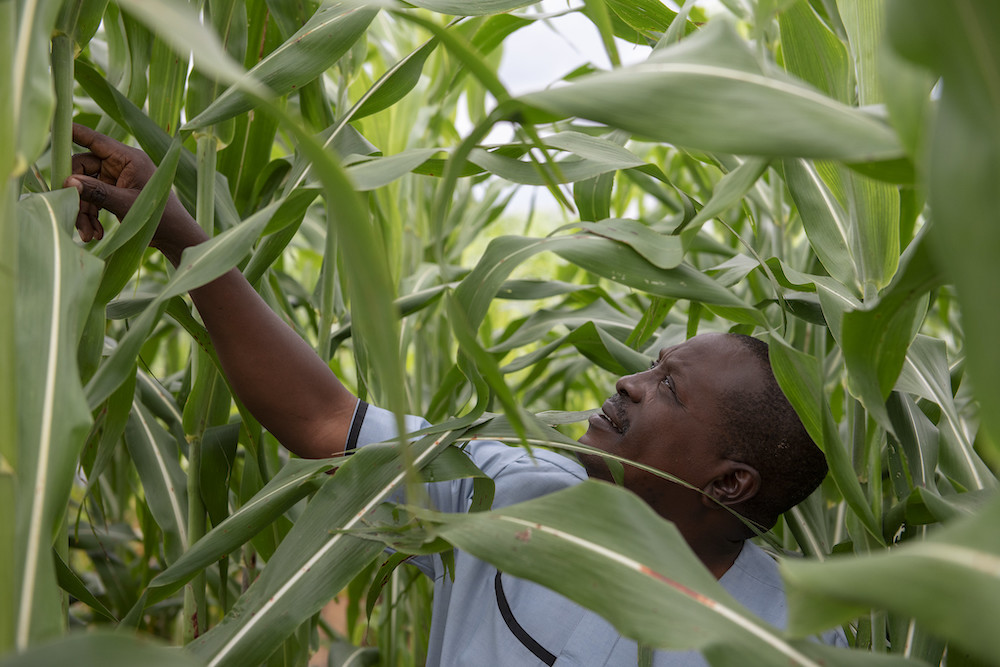
West and Central African Food Systems Transformation
Agriculture contributes 30–50% of West and Central Africa’s GDP and provides income and livelihoods to 70–80% of the region’s population. But the sector has been unable to feed the growing population due to low productivity and the effects of climate change.
As a result, consumers often resort to imported and ultra-processed foods, increasing the triple burden of malnutrition. Reduced biodiversity is affecting soil health and crop reproduction, while degraded landscapes affect the health of people, animals, plants and their shared environment. Markets and value chains are, at best, fragmented, due to huge post-harvest losses, dilapidated infrastructure and a non-supportive policy environment. The capacity of youth and women to participate in the transformation of food systems remains low.
However, the region’s young population (and strong labor force) and CGIAR’s almost five decades of work there mean there is great scope to leverage on innovations from past and current projects and make impacts at scale.
